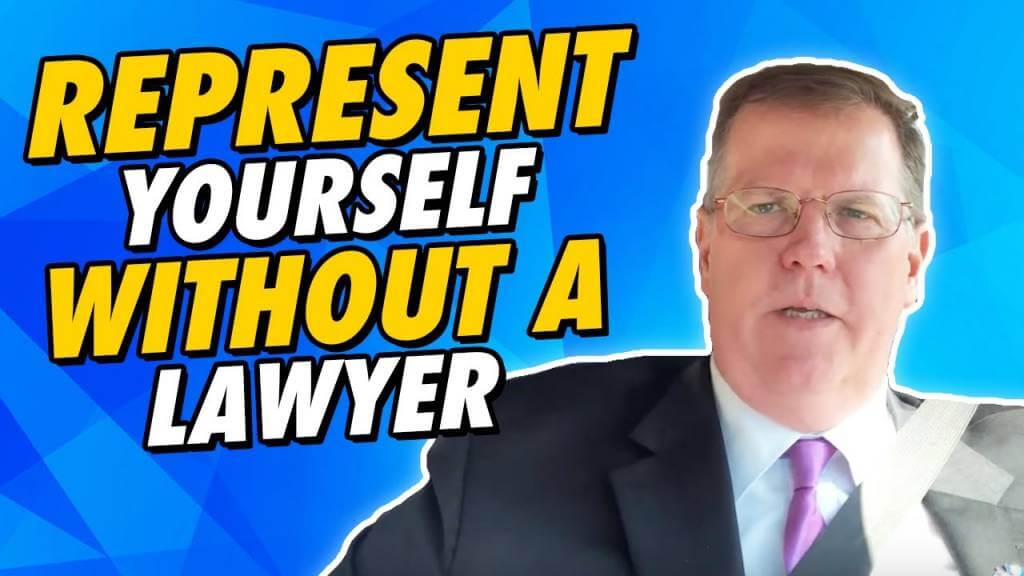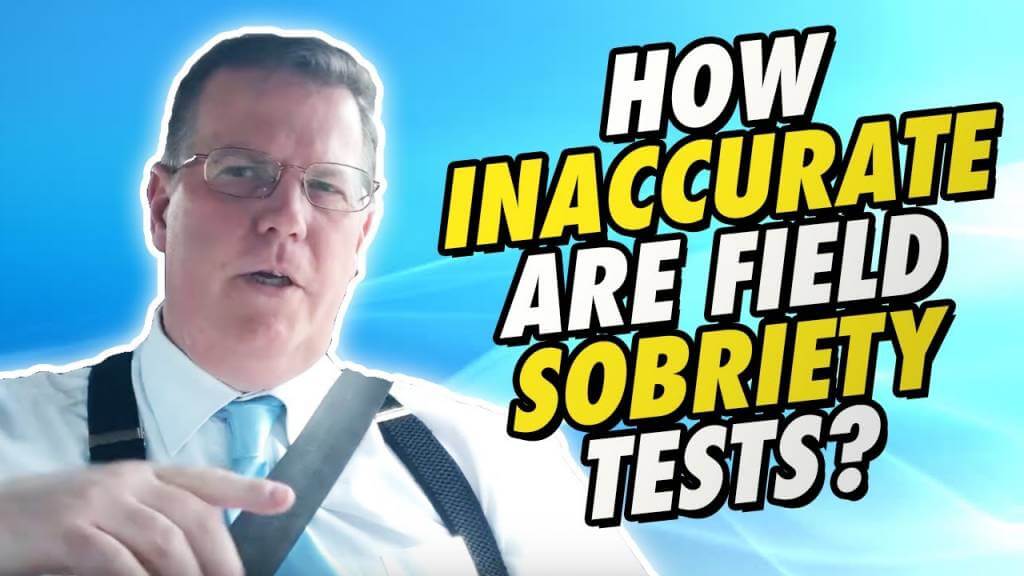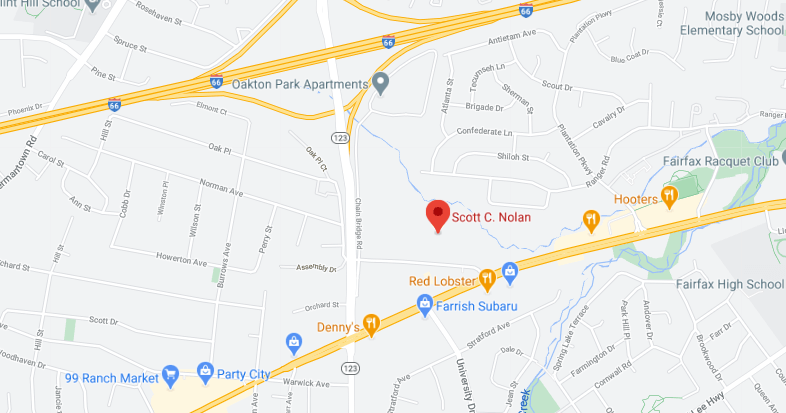
What do the preachings of a 17th-century Quaker have to do with your rights as an American? As it turns out, a whole lot.
I’m Northern Virginia criminal defense attorney, Scott Nolan, and today, I’m talking about jury nullification.
The Quaker case
In the year 1670, a British Quaker by the name of William Penn, as well as another less famous one named William Meade, were arrested in London for preaching their version of the gospel. They were thrown in jail and then they were tried.
The trial was supposed to be a typical trial of the day, which was to say not much of a trial at all. The judge told the jury that these two were guilty and asked them to find them guilty. In fact, he didn’t so much ask as tell them that they had to be found guilty.
However, the jury refused to convict them. They said that Mead and Penn hadn’t done anything wrong. Now, clearly, they had broken the law that they couldn’t preach the Quaker faith. They had done that. But the jury found that law to be ridiculous and they refused to enforce it by refusing to return a guilty verdict. The jury foreman was a guy named Edward Bushel.
A landmark case
Now, because he refused to do what the judge told him to do, Bushel himself was thrown into jail. But the law was that the judge couldn’t overturn the jury.
So, there was a lot of political pressure on the judge, who also happened to be the Mayor of the City of London, to get Bushel to change the jury’s mind. And the judge actually threatened in writing to cut Bushel’s throat and to cut off his nose if Bushel and the jury didn’t find Penn and Meade guilty. And still they refused.
This case, i.e., Bushel’s case, was a landmark in Anglo-American law. Of course, it wasn’t so much American as it was Anglo, but eventually, those principles became part of our law as well.
A jury is sacrosanct. The judge does not have the right to threaten a jury and no other figure has a right to threaten a jury. When a jury decides someone is not guilty, they’re not guilty. This principle is called jury nullification: the jury has nullified the law.
What exactly is jury nullification?
Jury nullification has been very controversial ever since Bushel’s case and it continues to be, but it’s a logical outgrowth of the principle of the Independence of juries. Juries, from time to time, refuse to enforce the law because they find that the law is unethical.
And sometimes, even when the law is absolutely correct, it would be wrong to apply it in a particular person’s case. And in those instances, the jury can step in and simply refuse to enforce the law. Now, there’s no law in America that says a jury may do this. It’s simply the logical consequence of allowing a jury to make its own decisions.
Good and bad examples
Sometimes, we can see in American history that this is a great idea. Juries who refused to enforce Fugitive Slave Laws were a great example. But at the same time, you might also have had a jury that refused to punish a white man for attacking a black man. That’s obviously bad jury nullification.
There are more complex but less obvious cases going on all the time. When a case simply shouldn’t be enforced against a particular person, according to the jury, you’re going to get jury nullification.
Why defense lawyers don’t tell juries about nullification
So why don’t defense lawyers just tell juries, “Hey, you can ignore the law and do whatever you think is right.” Defense attorneys are not allowed to explicitly instruct juries on jury nullification. However, there is no reason that an American citizen, someone who might one day sit on a jury, can’t know that they have this power and there is nothing wrong with it. In fact, they absolutely should know it.
It is one of the balancing points of our law. If you are on a jury, you should absolutely follow the law. You should absolutely follow the instructions the judge gives you, unless you reach a point where your conscience simply will not allow you to find someone guilty. That’s because in this particular instance, the correct application of the law would lead to injustice.
What juries should do
Juries, you are not there to follow the law. You are there to create justice. 99% of the time or more, that’s going to mean rigorously applying the law because only in rigorously applying the law can the rest of your fellow citizens feel safe in taking their everyday actions, knowing what is and what isn’t legal.
Yet there are those rare times when a rigorous application of the law would be simply stupid, unethical, or unjust. And in those cases, you, the jury, have an absolute ethical, moral, and reasonable right to ignore the law and apply justice. You are the very last line of defense. Do not be intimidated. Ultimately, justice lies in your hands. Don’t drop it.
If you have any questions about jury nullification or any other area of the law, feel free to call me. I’d be happy to talk to you about it.











